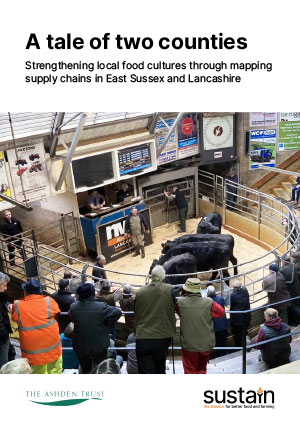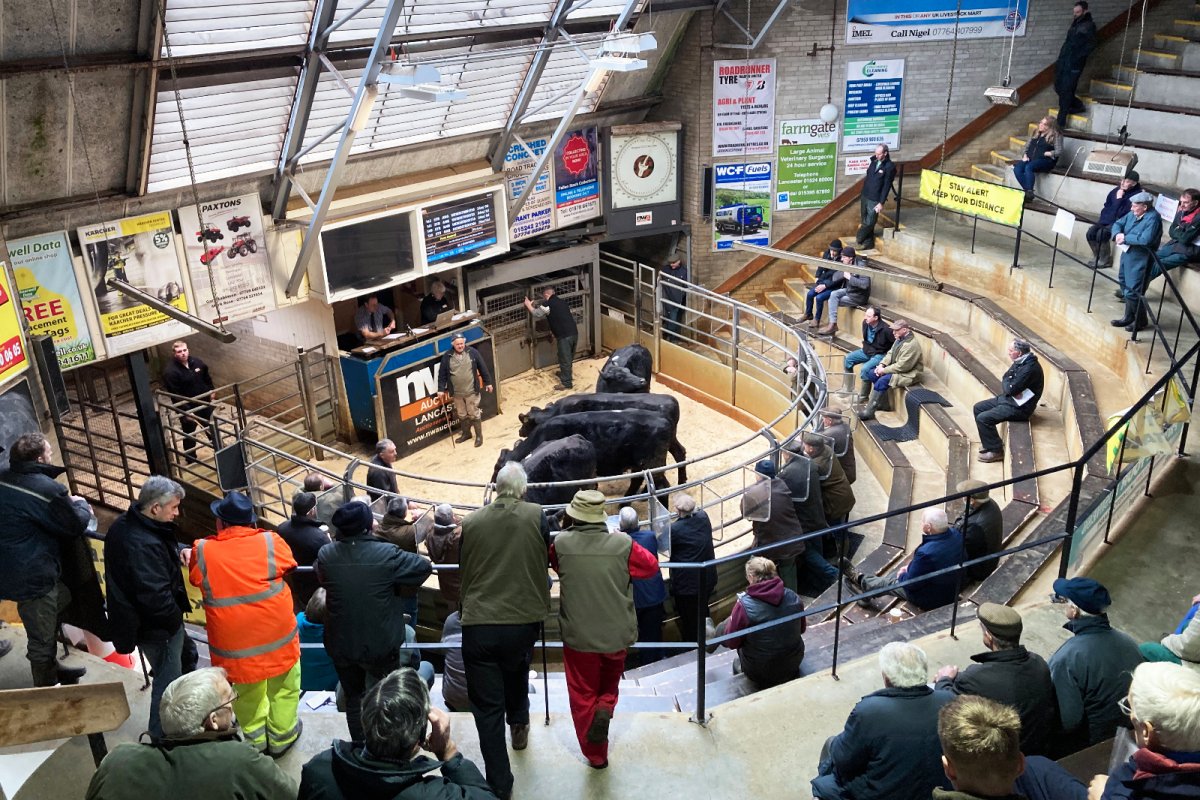
A tale of two counties: Strengthening local food cultures through mapping supply chains in East Sussex and Lancashire
36pp - 2022 | 1810Kb

The food supply chain in the UK has become highly centralised and opaque. This has clearly led to several environmental, economic and social issues domestically and overseas. Those concerns have an impact on people and enterprise at the local level. With the UK Government seeking to ‘level up’ the country, now is the time to channel investment into localised food systems and infrastructure.

A tale of two counties: Strengthening local food cultures through mapping supply chains in East Sussex and Lancashire
36pp - 2022 | 1810Kb
To understand what needs to be invested in at that local scale, we set out to map supply chain infrastructure in two counties – East Sussex and Lancashire. Our aims were to find out what infrastructure exists, whether it contributes directly to the local food system, what farm types there are in the counties, and therefore, where the gaps in infrastructure are that need to be invested in.
Here is a summary of what we found:
Sustainable Farming Campaign: Pushing for the integration of sustainable farming into local, regional and national government policies.
Sustain
The Green House
244-254 Cambridge Heath Road
London E2 9DA
020 3559 6777
sustain@sustainweb.org
Sustain advocates food and agriculture policies and practices that enhance the health and welfare of people and animals, improve the working and living environment, promote equity and enrich society and culture.
© Sustain 2025
Registered charity (no. 1018643)
Data privacy & cookies
Icons by Icons8